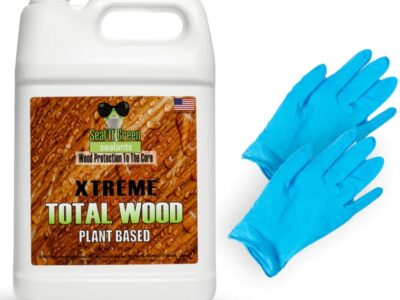
Are you an aquarium enthusiast or simply looking for a tranquil escape into the underwater world? Whether it’s your first time setting up a tank or you’re a seasoned hobbyist seeking new additions, finding the right fish store near me can make all the difference in creating a thriving ecosystem. In this guide, we’ll help you navigate through the sea of options to discover the hidden gems that are local fish stores.
???? Step One: Research Online
Begin by searching online using keywords like ‘Fish Stores Near Me’. Utilize trustworthy resources such as Yelp, Google Maps, and specialized websites like Reef2Reef. These platforms provide reviews from fellow hobbyists, which offer valuable insights about each shop’s selection, quality, customer service, and more.
???? Step Two: Consider Specializations
Not all fish stores cater equally to every type of aquarist. Some may focus primarily on freshwater species while others might be experts in saltwater setups or even niche areas like planted tanks (aquascapes) or reef systems. Identify what kind of environment you want to create before choosing a store so you can ensure they have the appropriate stock and expertise.
???? Step Three: Visit Multiple Locations
Once you’ve narrowed down potential candidates based on research and specialization, plan visits to several shops. Observe their cleanliness, organization, and overall atmosphere. Pay attention to how well-maintained the display tanks are—healthy livestock is often indicative of good care practices. Engage with staff members; knowledgeable employees who take pride in their work will enhance your shopping experience and contribute to your success as an aquarist.
???? Step Four: Evaluate Livestock Quality
When selecting fish, look for active swimmers with bright colors and no visible signs of disease or injury. Healthy corals should exhibit vibrant coloration without any discoloration or damage to their skeletons. If possible, ask if the store quarantines its livestock upon arrival to minimize the risk of introducing diseases to your own system.
⚙️ Step Five: Assess Supplies & Services
A great fish store doesn’t just sell animals but also provides essential supplies and services. Check out their inventory of equipment, food, substrates, plants, and other accessories needed for maintaining a healthy habitat. Additionally, consider whether they offer maintenance plans, water testing, or consultation services to support your journey as an aquarist.
In conclusion, finding the perfect fish store requires patience and diligence. By following these steps, you’ll unearth those hidden gems where passion meets professionalism, ensuring both you and your aquatic friends enjoy many happy years together.















